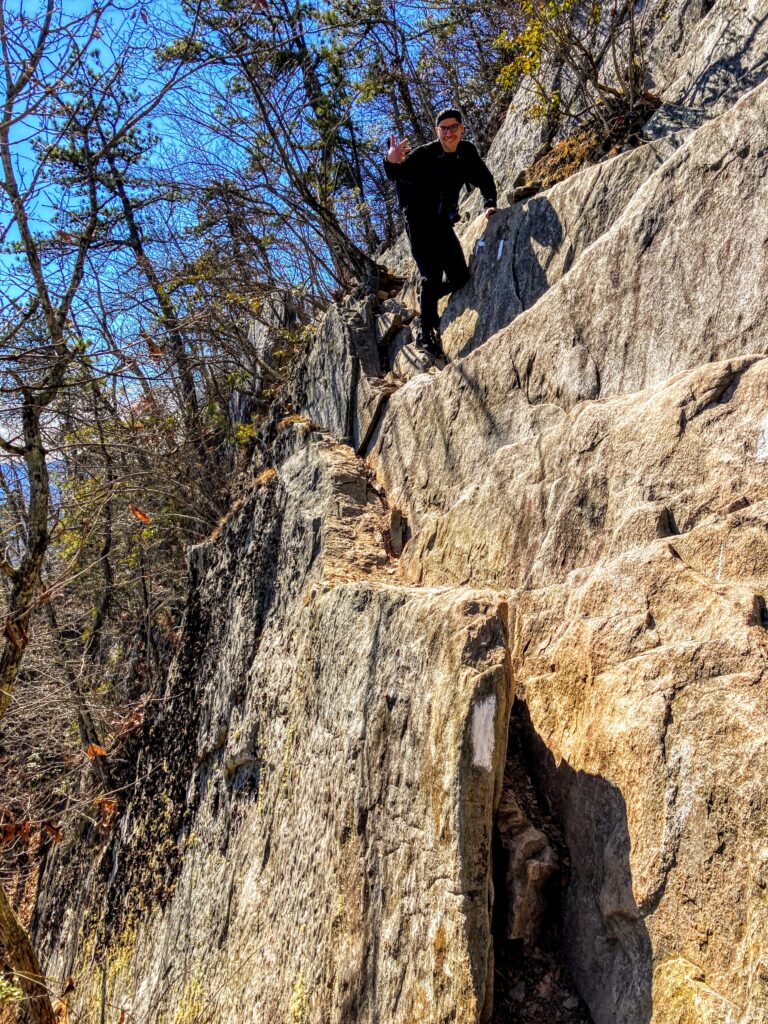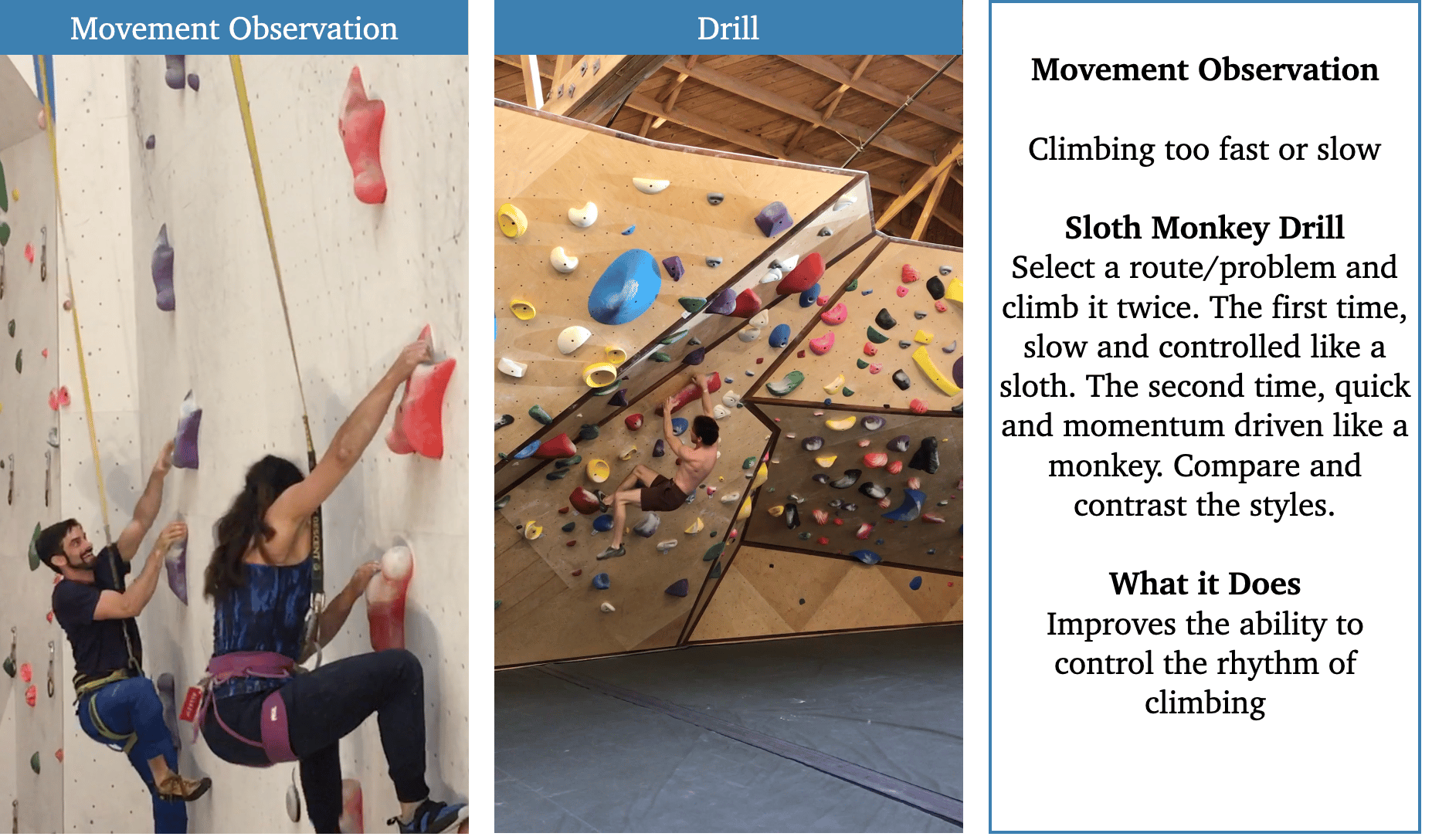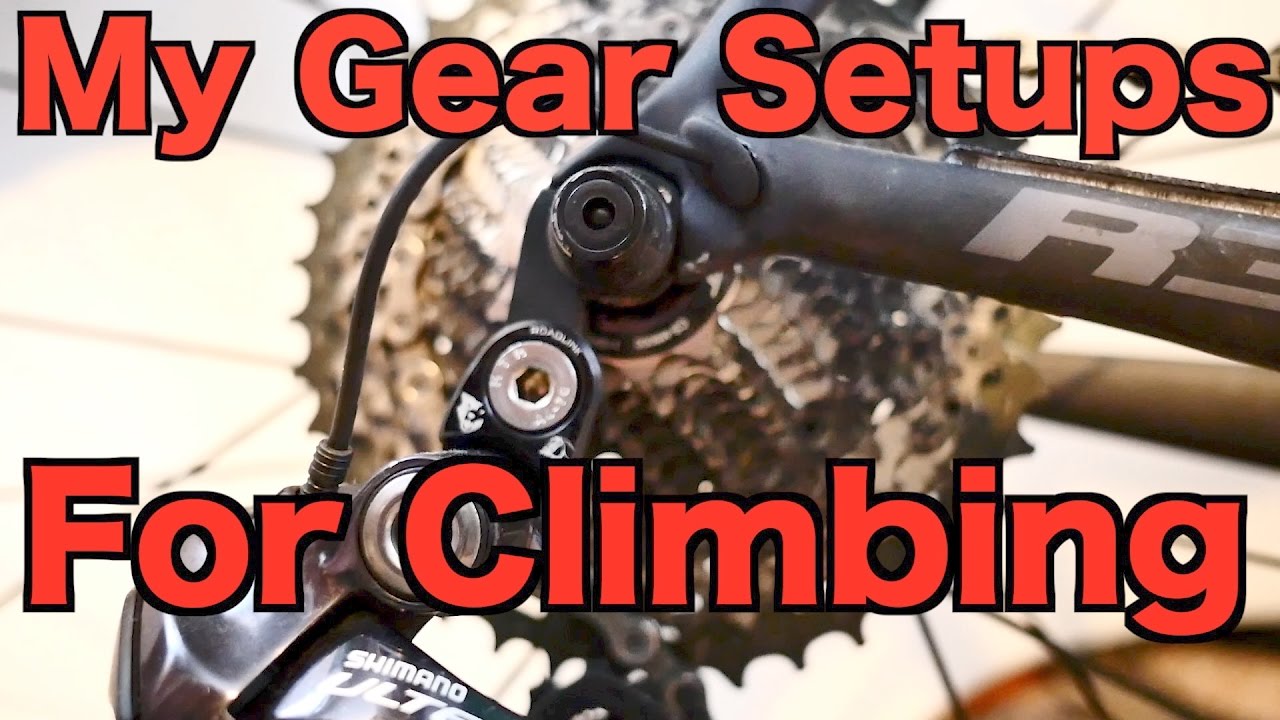🔥 Best MTB GEAR DEALS ON AMAZON
When it comes to mountain biking, the braking system is a crucial component that greatly impacts your riding experience. The type of brakes you choose can determine your control, stopping power, and overall safety on the trails. In recent years, hydraulic brakes have gained significant popularity among mountain bikers due to their numerous advantages over traditional mechanical brakes. In this article, we will explore why hydraulic brakes are considered superior on mountain bikes.
What are hydraulic brakes?
Hydraulic brakes are a type of braking system that utilizes fluid pressure to transmit force from the rider’s input to the braking mechanism. They are commonly used in various vehicles and machinery due to their reliable and consistent performance. In recent years, hydraulic brakes have made their way into the world of mountain biking, replacing the conventional cable-operated mechanical brakes.
Hydraulic brakes consist of a master cylinder, hydraulic fluid, brake lines, and calipers. When the rider applies pressure to the brake lever, the master cylinder pushes hydraulic fluid through the brake lines to the calipers. The calipers then squeeze the brake pads onto the rotor, creating friction and resulting in braking action.
The advantages of hydraulic brakes on mountain bikes
1. Improved braking power
One of the primary advantages of hydraulic brakes is their superior stopping power. Hydraulic systems exert more force on the braking mechanism, allowing for quicker and more controlled deceleration. This is especially beneficial on steep descents or when riding at high speeds, where immediate and reliable braking is essential for safety.
Hydraulic brakes provide a higher level of stopping power compared to mechanical brakes. The increased force applied to the brake pads allows for more efficient conversion of the rider’s input into braking force. This means you can confidently tackle challenging terrains and navigate through technical sections with better control and peace of mind.
2. Enhanced modulation
Modulation refers to the ability to control the amount of braking force applied based on the specific situation. Hydraulic brakes excel in modulation, providing riders with increased control and finesse in their braking. This allows for precise speed adjustments and maneuverability, particularly in technical sections or tight corners.
With hydraulic brakes, you have a greater range of control over the braking force. The hydraulic fluid compresses evenly, allowing for smooth and gradual modulation. This means you can easily feather the brakes to maintain traction and avoid skidding, especially when navigating tricky terrain or making quick turns. The enhanced modulation also enables you to maintain a consistent and balanced speed during downhill descents, ensuring a safer and more enjoyable ride.
3. Consistent performance
Hydraulic brakes are known for their consistent and predictable performance, regardless of external factors. Unlike mechanical brakes that can be affected by cable stretch or wear, hydraulic systems maintain their efficiency over time. This reliability is crucial for mountain bikers who rely on their brakes in challenging terrains and varying weather conditions.
Mechanical brakes can be prone to performance issues due to factors such as cable stretch, contamination, or wear and tear. Hydraulic brakes, on the other hand, provide consistent and reliable performance. The hydraulic fluid does not stretch or compress like cables, ensuring that the braking force is consistently transmitted to the calipers. This means you can rely on your brakes even in adverse conditions or during long rides where mechanical brakes might start to lose their effectiveness.
4. Reduced maintenance
Compared to mechanical brakes, hydraulic brakes require less frequent maintenance. Mechanical systems often require cable adjustments, lubrication, and periodic replacements. On the other hand, hydraulic brakes are self-adjusting and generally require only occasional bleeding to remove air bubbles and maintain optimal performance. This means less time spent in the workshop and more time on the trails.
Hydraulic brake systems are designed with self-adjusting mechanisms that compensate for brake pad wear automatically. This eliminates the need for constant cable adjustments, ensuring that the braking feel remains consistent over time. Additionally, hydraulic systems are less prone to contamination, as the sealed nature of the system prevents dirt, water, and other particles from affecting the brake performance. Overall, the reduced maintenance requirements of hydraulic brakes allow you to spend more time riding and less time tinkering with your bike.
5. Heat dissipation
Mountain biking often involves intense descents that generate significant heat in the braking system. Hydraulic brakes are known for their excellent heat dissipation properties, preventing overheating and brake fade. This is especially crucial for long downhill rides or when tackling demanding trails where prolonged braking is required.
The heat generated during continuous braking can cause brake fade, where the braking efficiency decreases due to overheating. Hydraulic brake systems are designed to dissipate heat efficiently, thanks to their larger brake pads, rotor size, and advanced heat management technology. The larger surface area of the brake pads and rotors allows for better heat dissipation, preventing the brakes from overheating and maintaining their performance even during extended downhill sections.
6. Durability and longevity
Hydraulic brakes are designed to withstand the harsh conditions of mountain biking. They are more resistant to dirt, mud, and water, preventing contamination and ensuring consistent performance. Additionally, hydraulic systems are generally more durable, providing a longer lifespan compared to mechanical brakes.
The sealed nature of hydraulic brake systems protects the internal components from external elements such as dirt, mud, and water. This prevents contamination and corrosion, which can affect the performance and lifespan of mechanical brakes. Hydraulic systems are also less prone to cable fraying or snapping, a common issue with mechanical brakes. With their robust construction and enhanced resistance to environmental factors, hydraulic brakes offer a longer-lasting braking solution for mountain bikers.
7. Aesthetics and ergonomics
While this may be a subjective point, many riders appreciate the sleek and uncluttered appearance of hydraulic brake systems. With hidden hoses and minimalistic design, hydraulic brakes add a touch of sophistication to your mountain bike. Furthermore, the ergonomics of hydraulic brake levers are often more comfortable and intuitive, allowing for easier reach and improved control.
Hydraulic brake systems contribute to the overall aesthetics of your mountain bike. The absence of external cables and the clean routing of hydraulic hoses create a streamlined and visually pleasing look. This can enhance the overall appeal of your bike and give it a more professional and high-end appearance.
In addition to aesthetics, hydraulic brake levers are ergonomically designed for optimal comfort and control. The lever shape and placement are often adjustable, allowing riders to find the most comfortable position for their hands. This, combined with the smooth and responsive braking action of hydraulic systems, enhances the overall riding experience and reduces hand fatigue on longer rides.
In conclusion, hydraulic brakes offer numerous advantages for mountain bikers, making them a preferred choice for riders of all skill levels. Their superior stopping power, enhanced modulation, consistent performance, reduced maintenance, heat dissipation, durability, aesthetics, and ergonomics make them a valuable addition to any mountain bike. Whether you are a casual rider or an experienced downhill enthusiast, upgrading to hydraulic brakes can greatly enhance your riding experience and overall safety on the trails.
FAQs
- What are hydraulic brakes?Hydraulic brakes are a type of braking system that utilizes fluid pressure to transmit force from the rider’s input to the braking mechanism. They consist of a master cylinder, hydraulic fluid, brake lines, and calipers.
- What are the advantages of hydraulic brakes on mountain bikes?
- Improved braking power: Hydraulic brakes provide superior stopping power, allowing for quicker and more controlled deceleration.
- Enhanced modulation: Hydraulic brakes excel in modulation, providing increased control and finesse in braking.
- Consistent performance: Hydraulic brakes offer consistent and predictable performance, regardless of external factors.
- Reduced maintenance: Hydraulic brakes require less frequent maintenance compared to mechanical brakes.
- How do hydraulic brakes dissipate heat?Hydraulic brake systems dissipate heat efficiently through their larger brake pads, rotor size, and advanced heat management technology. The larger surface area allows for better heat dissipation, preventing overheating and brake fade.
- Are hydraulic brakes more durable than mechanical brakes?Yes, hydraulic brakes are generally more durable than mechanical brakes. They are more resistant to dirt, mud, and water, preventing contamination and ensuring consistent performance. The sealed nature of hydraulic systems protects internal components and prevents corrosion.



